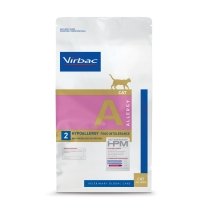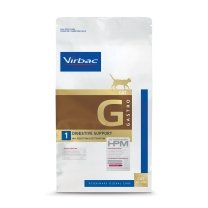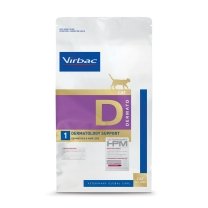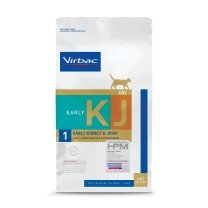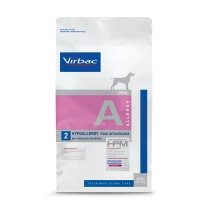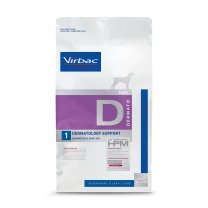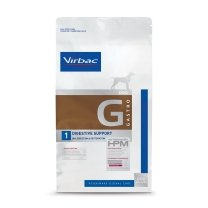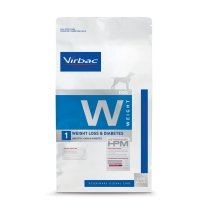The combination of our high protein, low carbohydrate formulation and the use specific functional supplements enables VETERINARY HPM® to support 10 key health areas for the long-term health and well-being of dogs and cats. Below is a list of these functional supplements and their respective roles in VETERINARY HPM®.
What is the role of lactobacilli?
Lactobacilli are bacteria naturally found in intestinal flora which regulate intestinal transit and contribute to a balanced digestive flora.
What is the role of bentonite?
Bentonite is a clay, which contributes to your pet’s good digestive tolerance: Bentonite is used in both our cat and dog food. These clays contribute to the formation of well-shaped stools with little odour. They also protect the digestive mucosa and help to control digestive disorders, such as diarrhoea.
What is the role of beta glucans?
Beta glucans promote the development of a puppy and kitten's own immune defence system.
What is the role of pentasodium triphosphate?
Pentasodium triphosphate is used in our small & toy dog foods and helps to limit tartar formation and ensure good oral and dental health.
What is the role of chondroitin sulphate and chitosan?
Chondroitin sulphate and chitosan help to maintain a strong musculoskeletal system.
What is the role of L-carnitine?
L-carnitine is used to help control your pet’s body weight and condition. It helps limit the deposit of fatty tissue and preserve muscle mass.
What is the role of chitosan?
Chitosan, as a chelater of phosphorus, is used to help maintain kidney function.
What is the role of fructooligosaccharides?
Fructooligosaccharides contribute to good digestive tolerance and the balance of intestinal flora, as well as reinforcing the digestive mucosa.
What is the role of psyllium?
Psyllium is a fibre that contributes to good digestive tolerance and the formation of well-shaped stools, whilst also helping to regulate bowel movement.
What is the role of Vitamin E?
Vitamin E helps maintain and stimulate the immune system in older animals.

